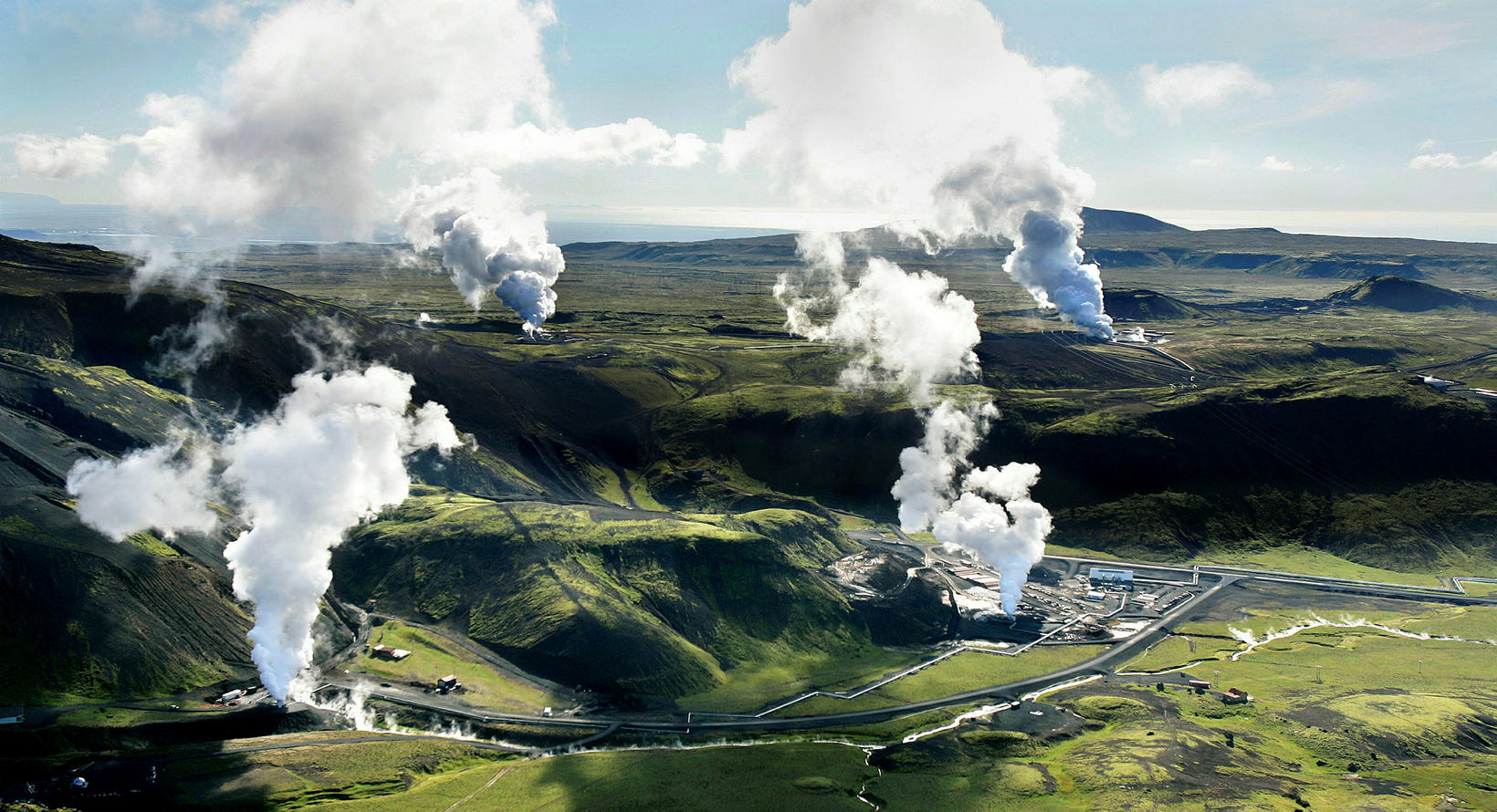Iceland needs to step up to meet emissions target
Iceland’s projected commitment to the EU for reducing societal emissions is 41% by 2030 compared to 2005 levels. Photo/Colourbox
Iceland must intensify its efforts to meet its target for reducing greenhouse gas emissions from the non-industrial sectors by 2030. According to a specialist at the Environment Agency of Iceland, it is unlikely that the current trajectory will be sufficient.
Iceland’s commitment under its agreement with the European Union is to cut these emissions by 41% by 2030, compared to 2005 levels. So far, emissions have only decreased by 7.9%, and between 2023 and 2024, total emissions in Iceland actually rose by 1.4%.
Societal emissions include those from the general public and most companies, excluding heavy industry, aviation, and international shipping. This category mainly covers emissions from road transport, agriculture, fisheries, geothermal power plants, product use, and waste management.
Higher emissions from geothermal power plants
The increase from 2023 to 2024 was largely due to higher emissions from geothermal power plants and increased fuel consumption by fishing vessels, fishmeal factories, and for electricity production. At the same time, there were reductions in some areas, such as lower fuel use in road transport, reduced emissions from cooling agents, and less waste disposal through landfilling.
When asked whether Iceland could realistically achieve the 41% reduction within five years, Birgir U. Ásgeirsson, a specialist at the Environment Agency, admitted it would be challenging.
“If we continue on our current path, it is unlikely that we will reach the target. We need to step up our efforts if we are going to get there.”
The Ministry for the Environment, Energy, and Climate has stated that there is a need to increase efficiency in climate governance, set clearer goals, and strengthen accountability among ministers to ensure tangible progress. The ministry has been working on a set of priority climate actions, which will be presented soon.
“We are eagerly awaiting to see what measures the minister will announce,” says Ásgeirsson.
Ásgeirsson would not comment directly on whether the 41% target was realistic when it was first set, but emphasized that climate goals should be ambitious.
“These targets should not be easy to reach. It’s natural that action is required to achieve them,” he says.









